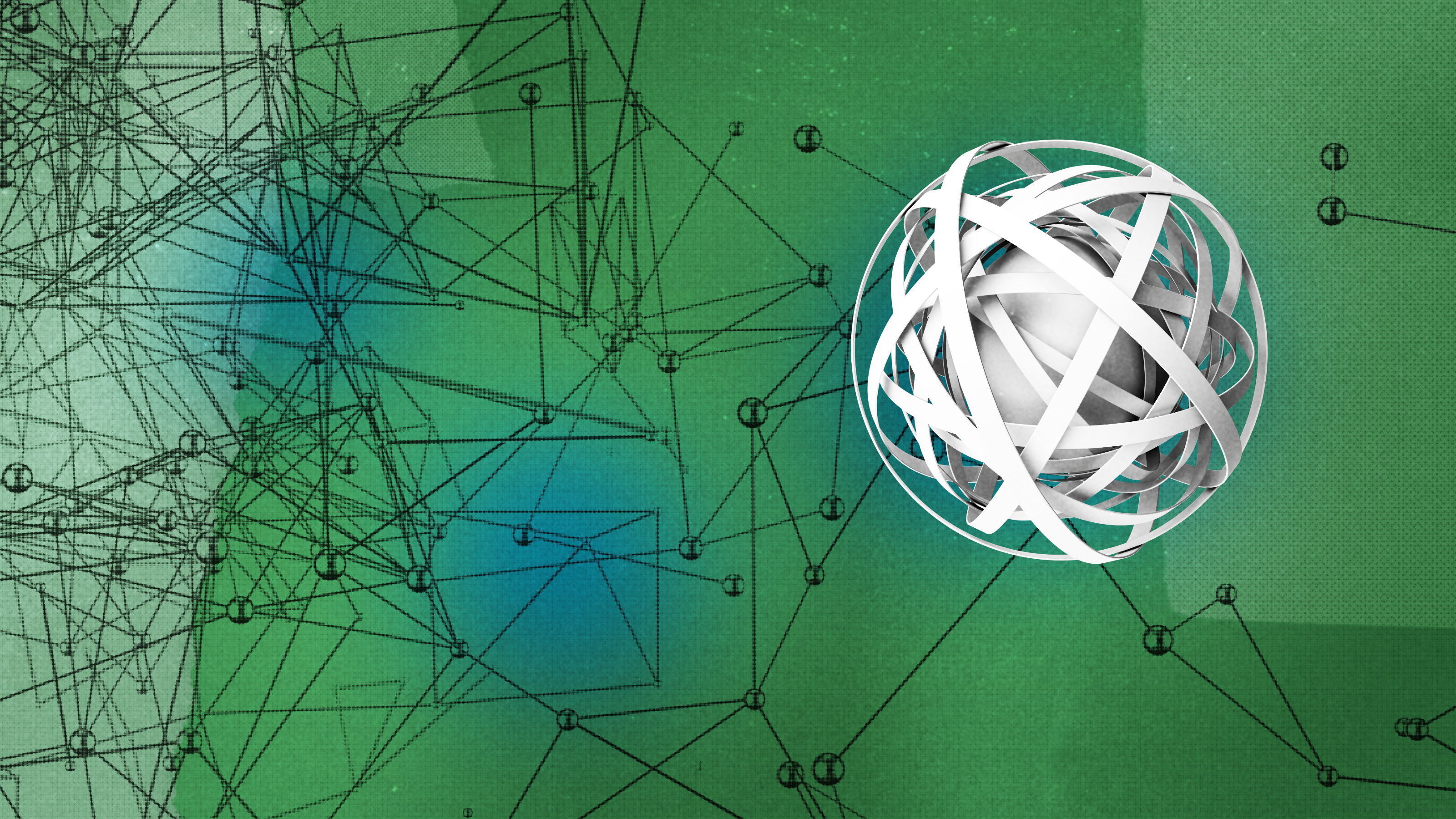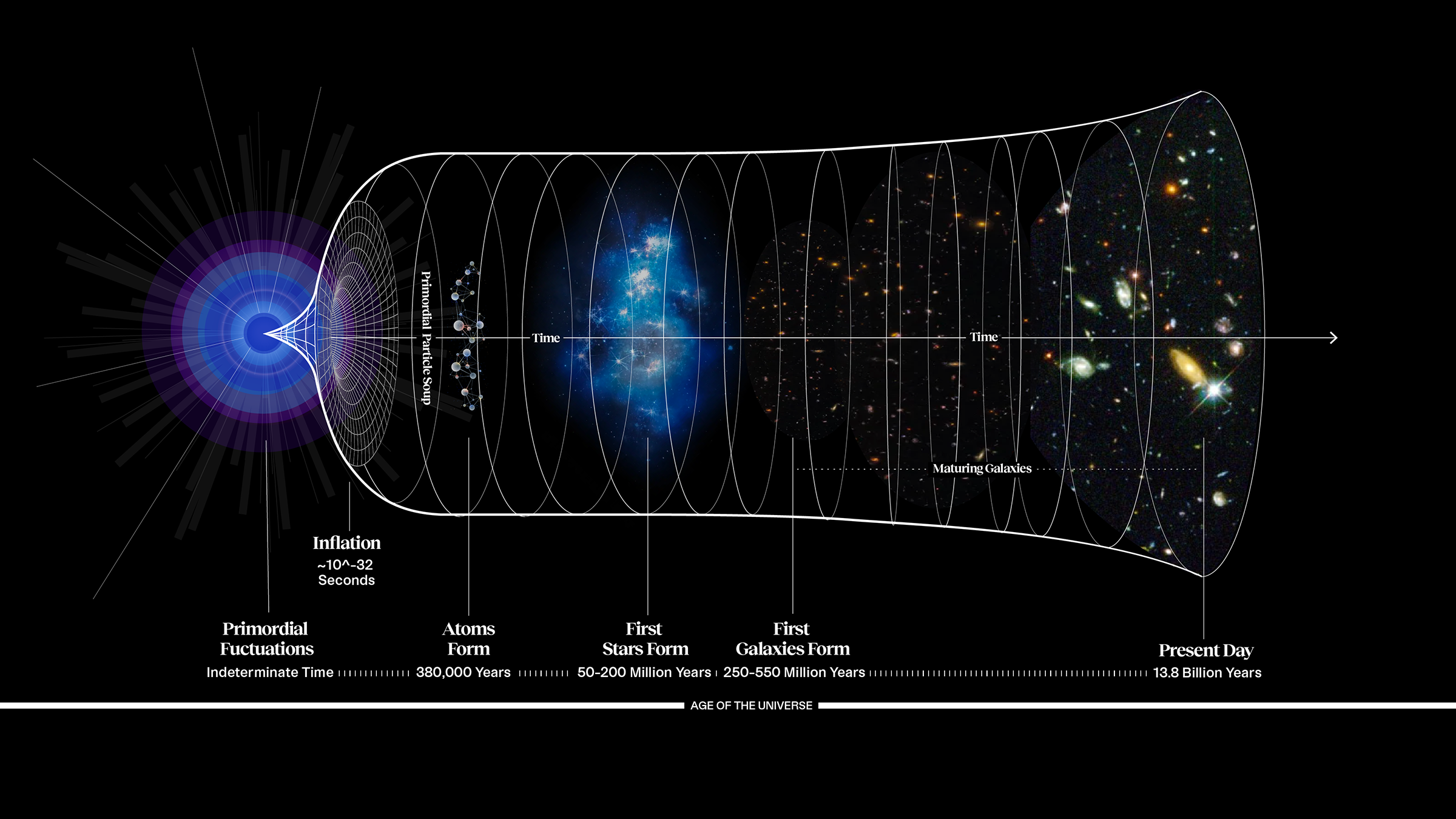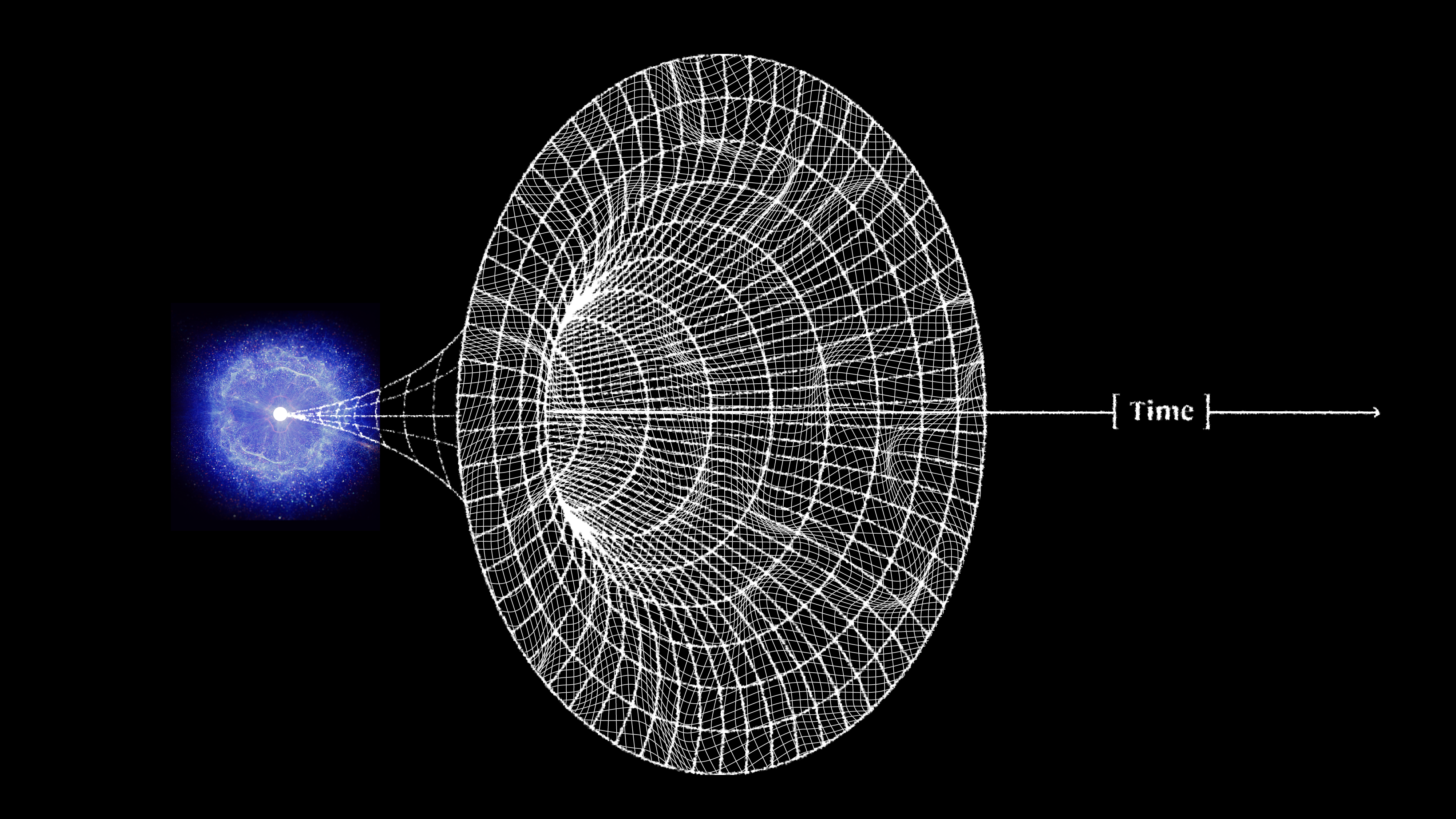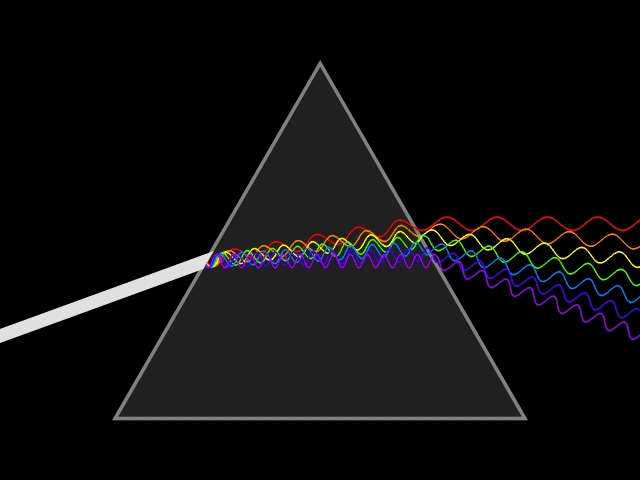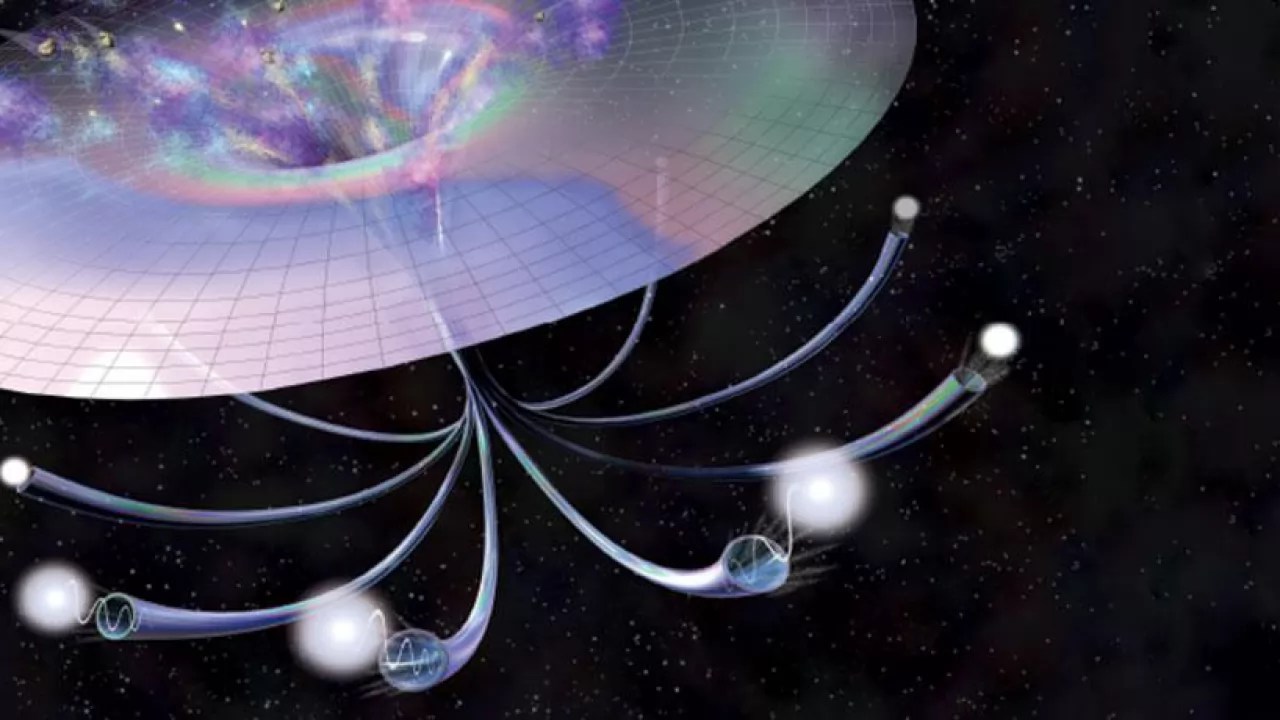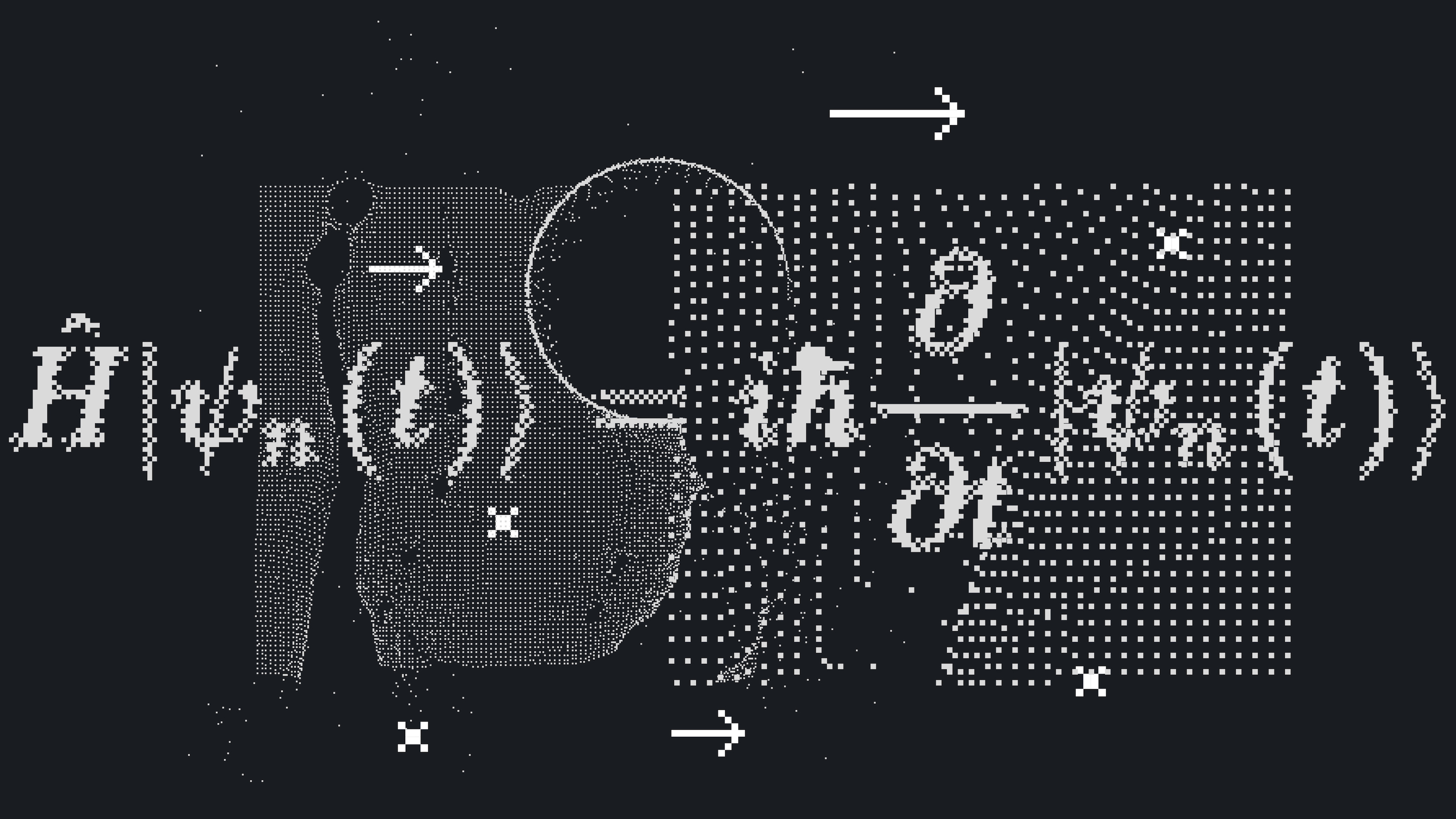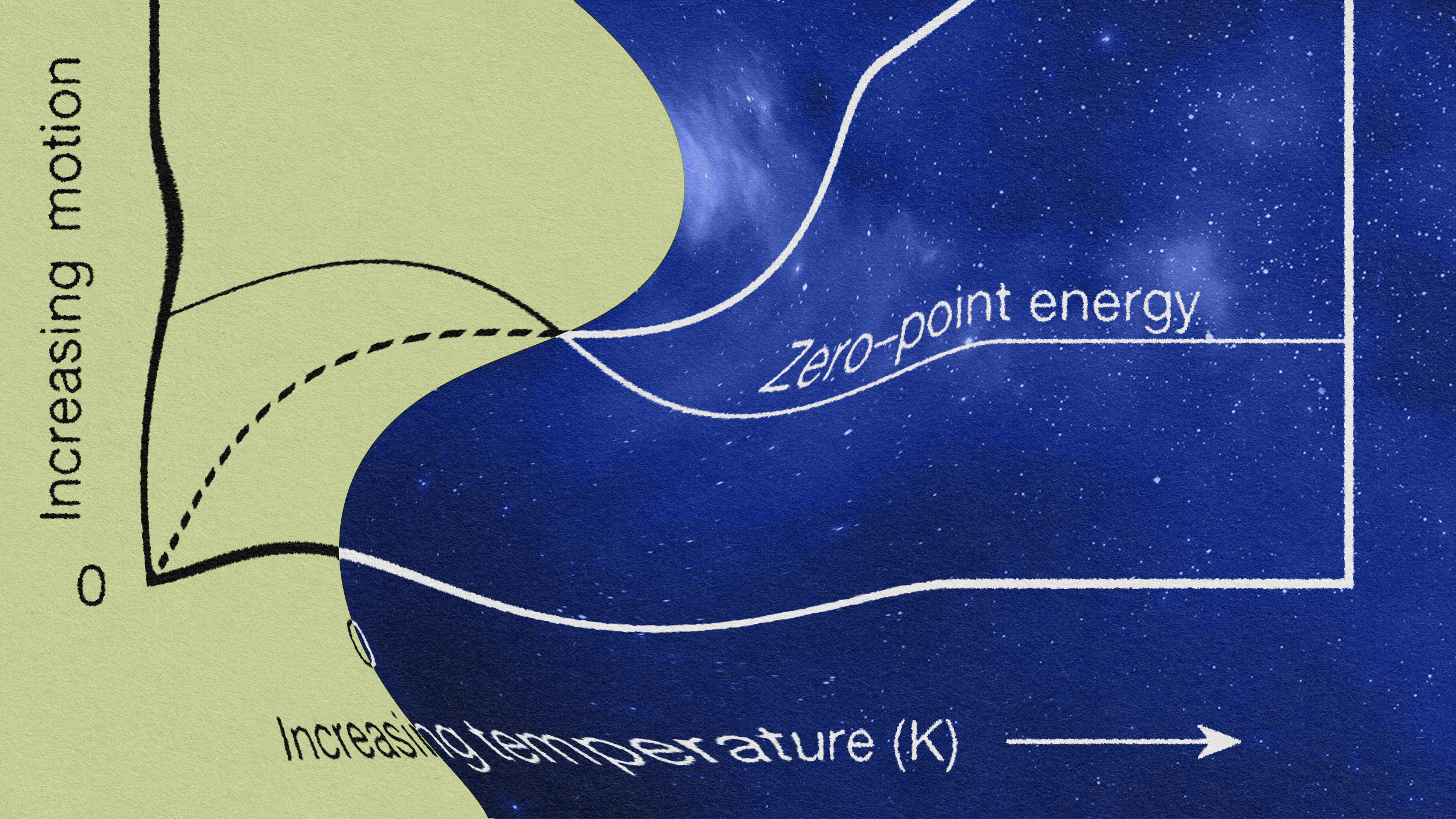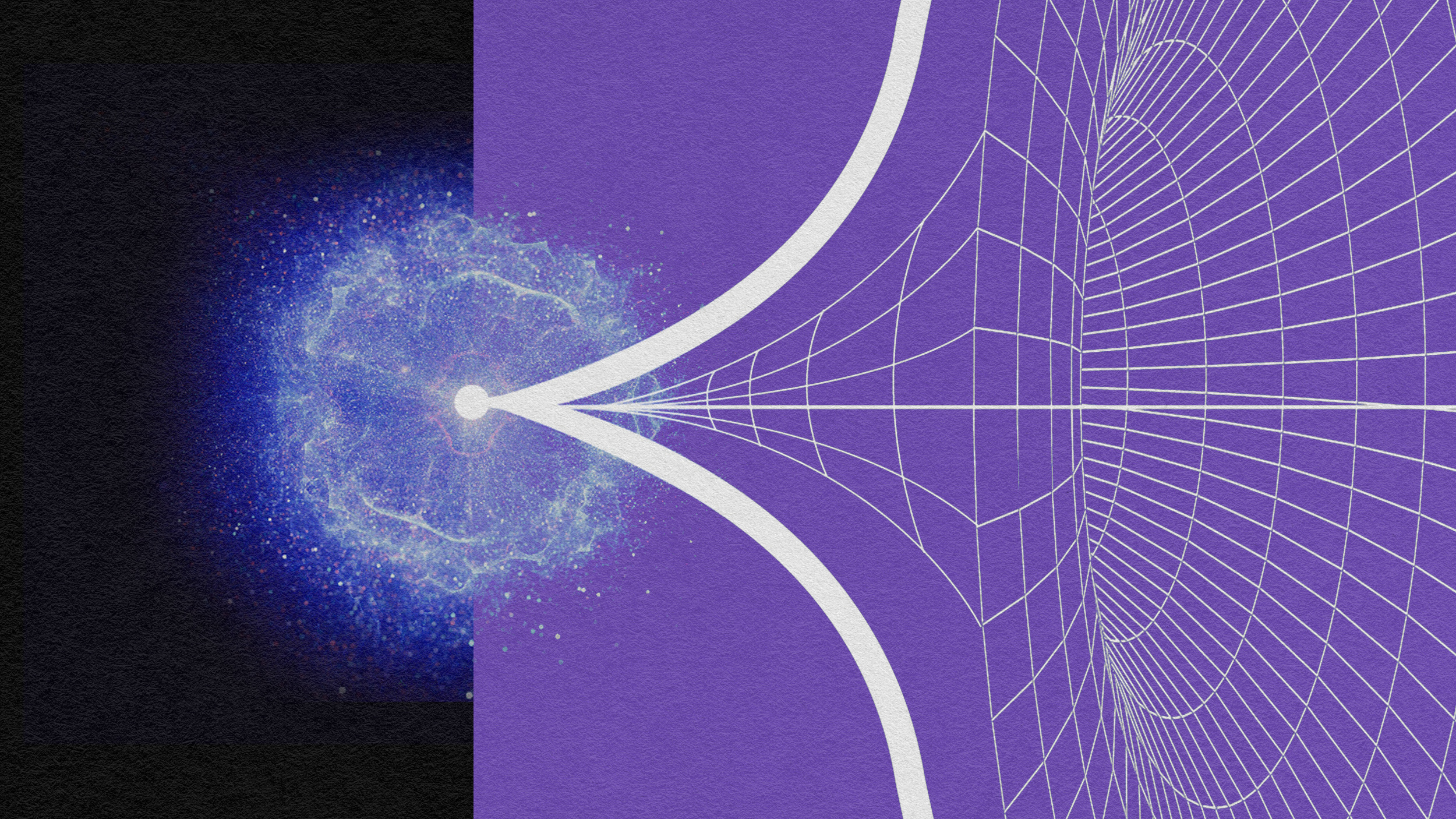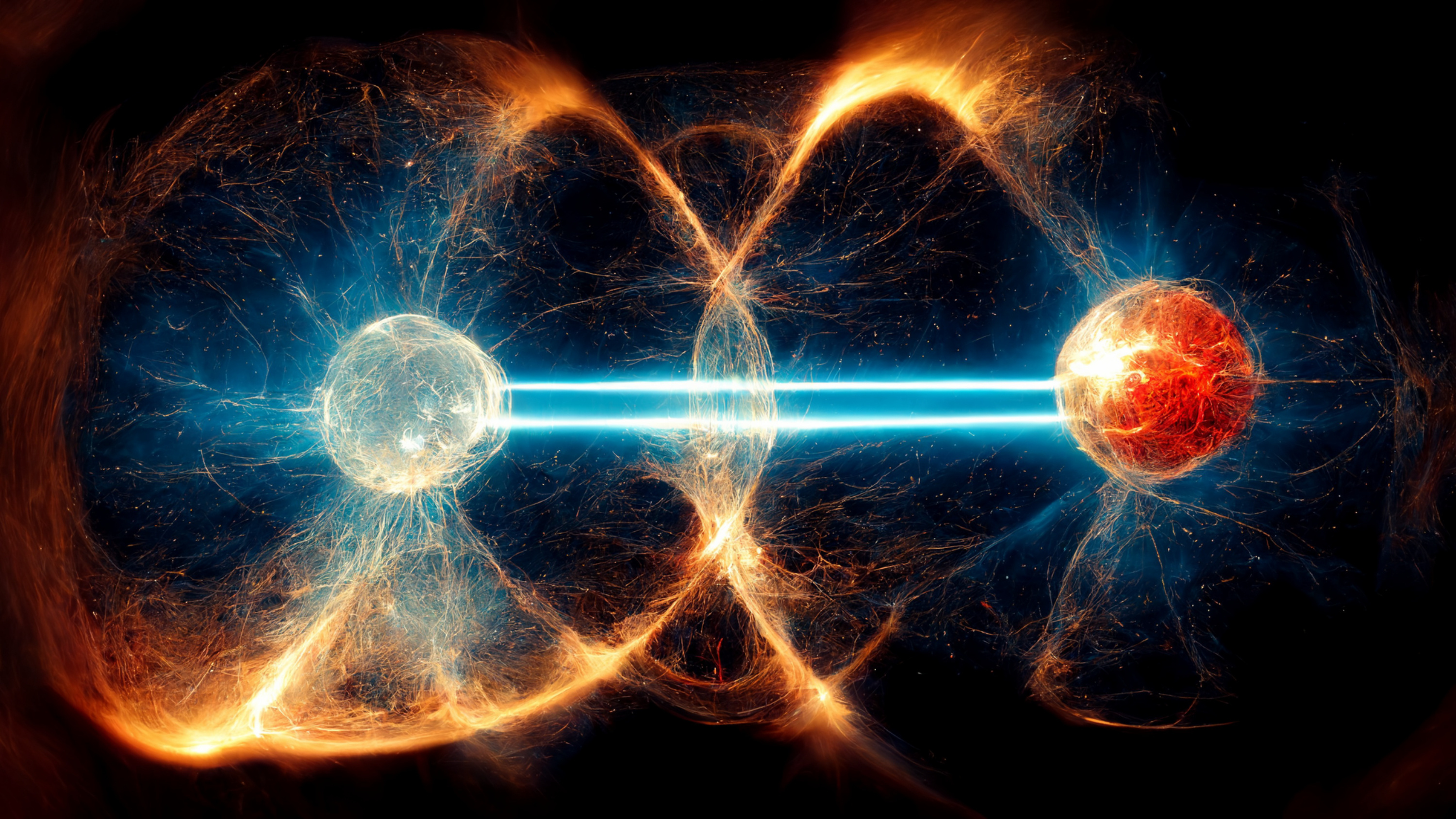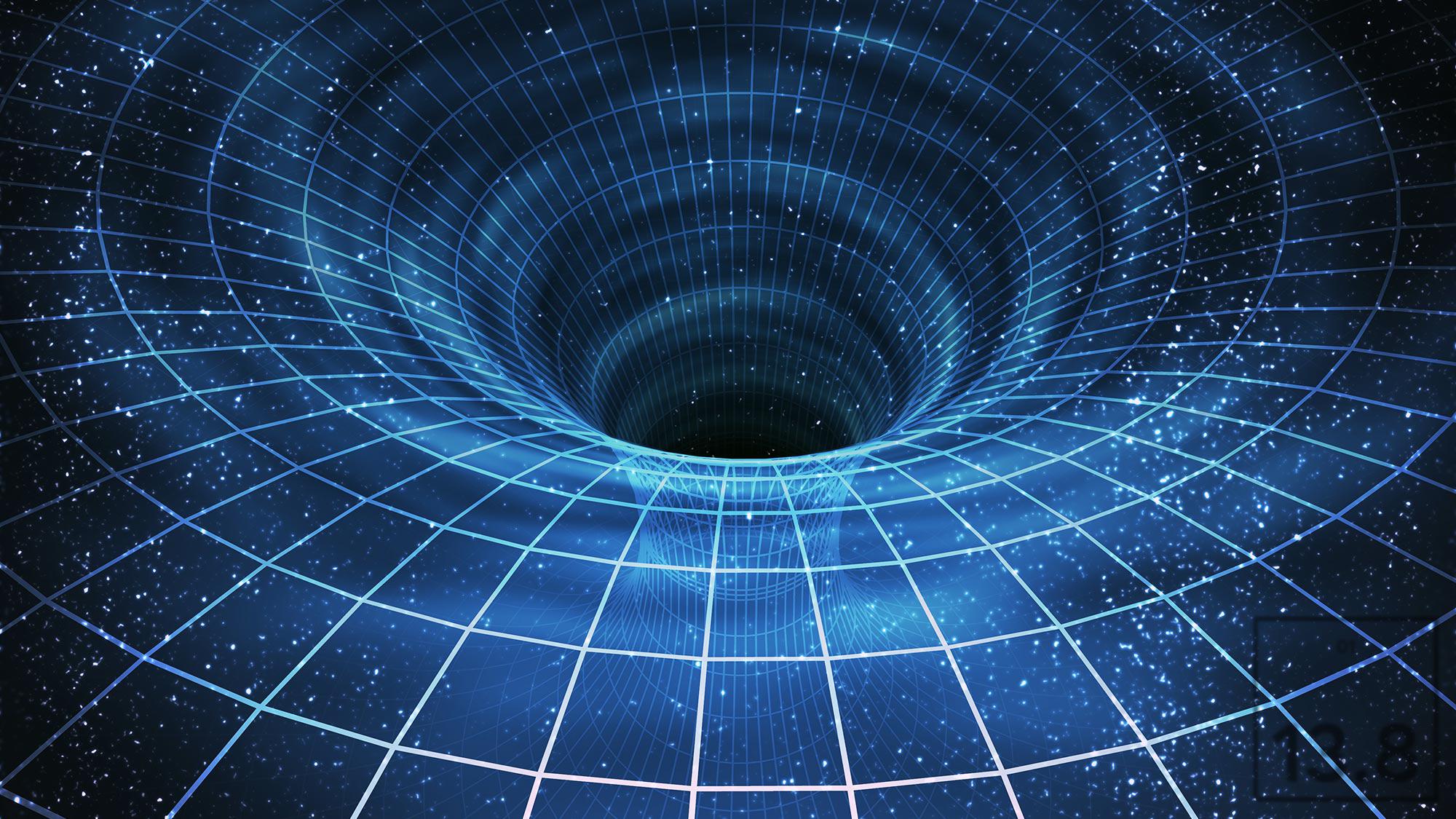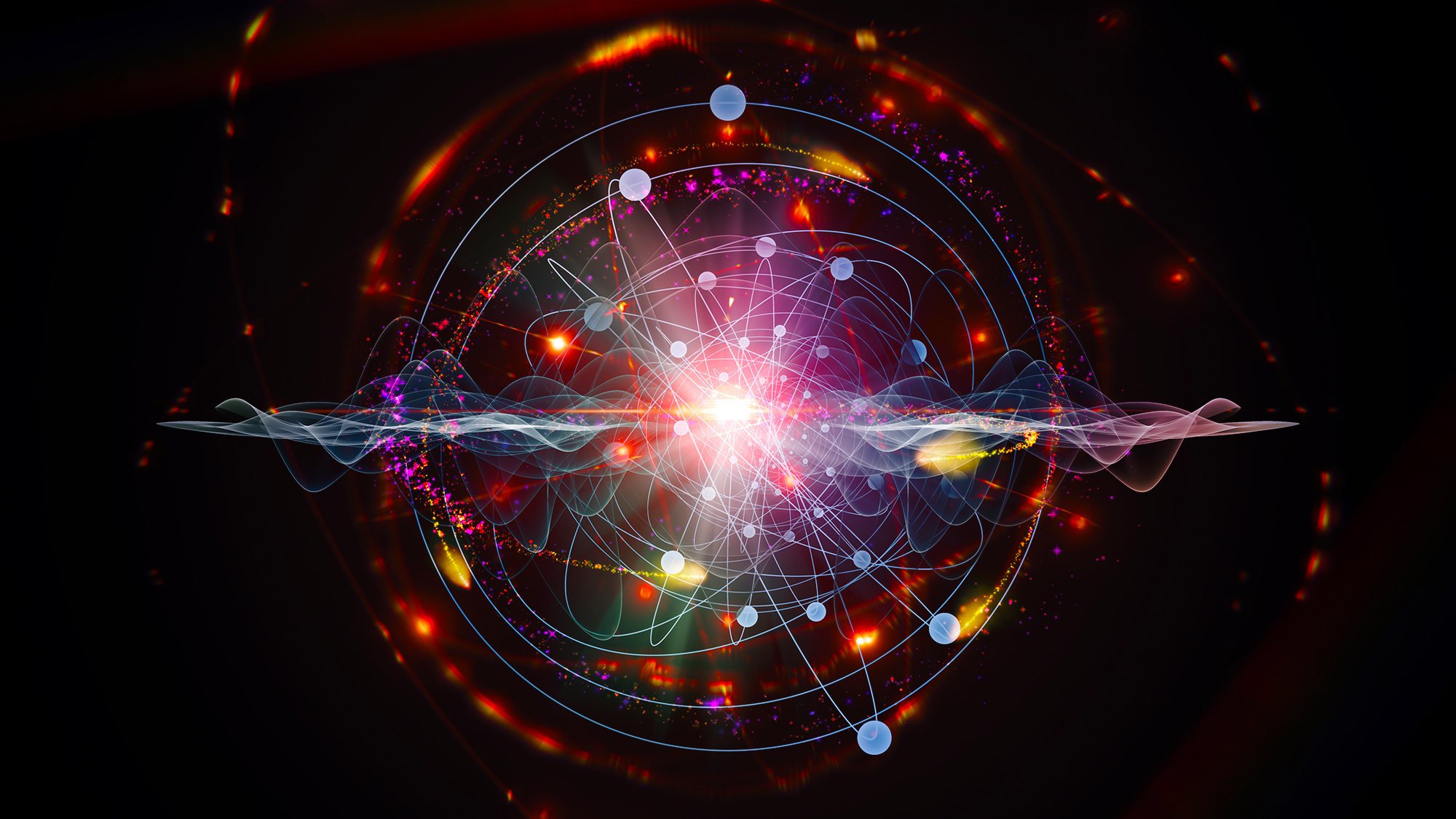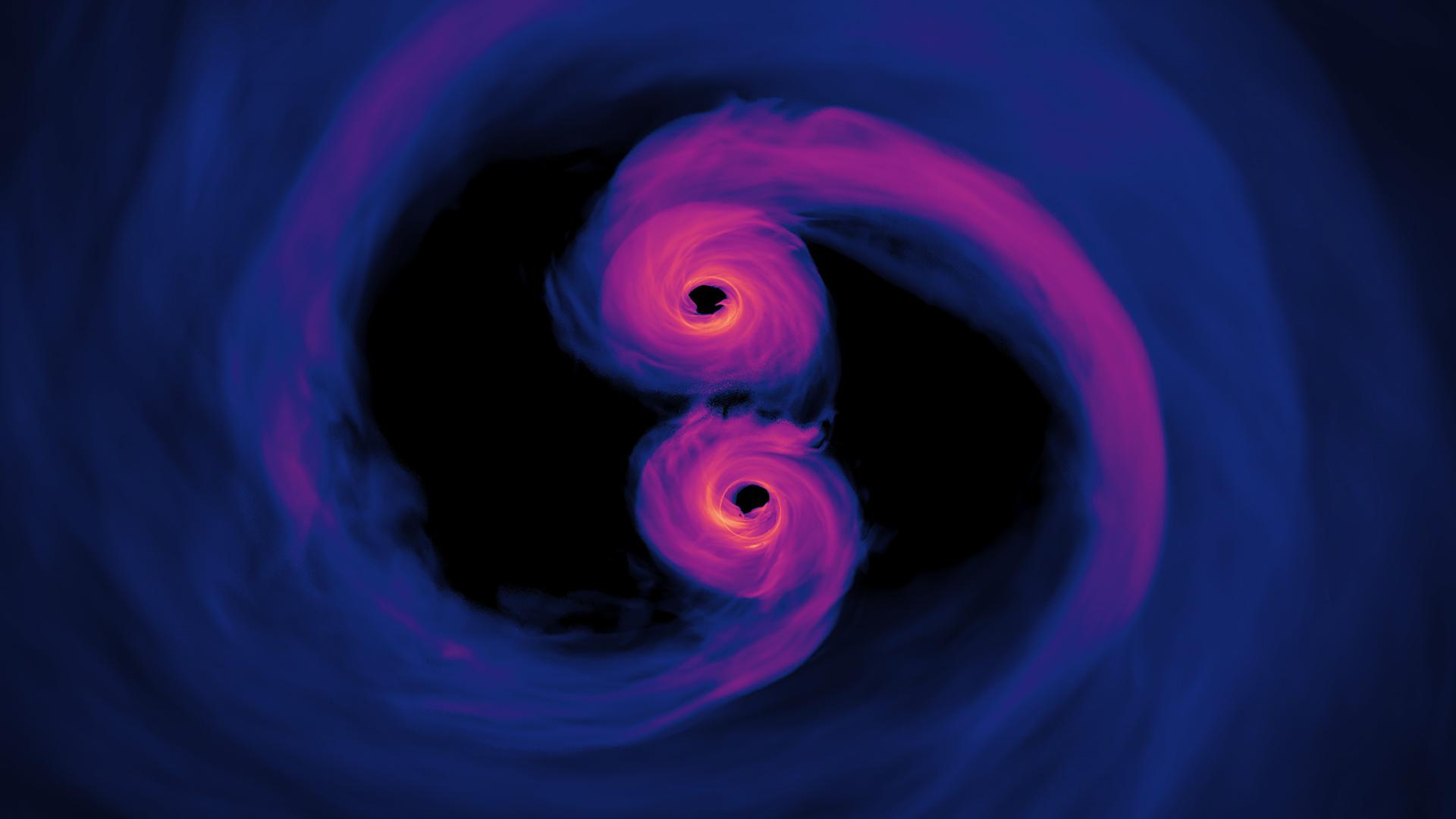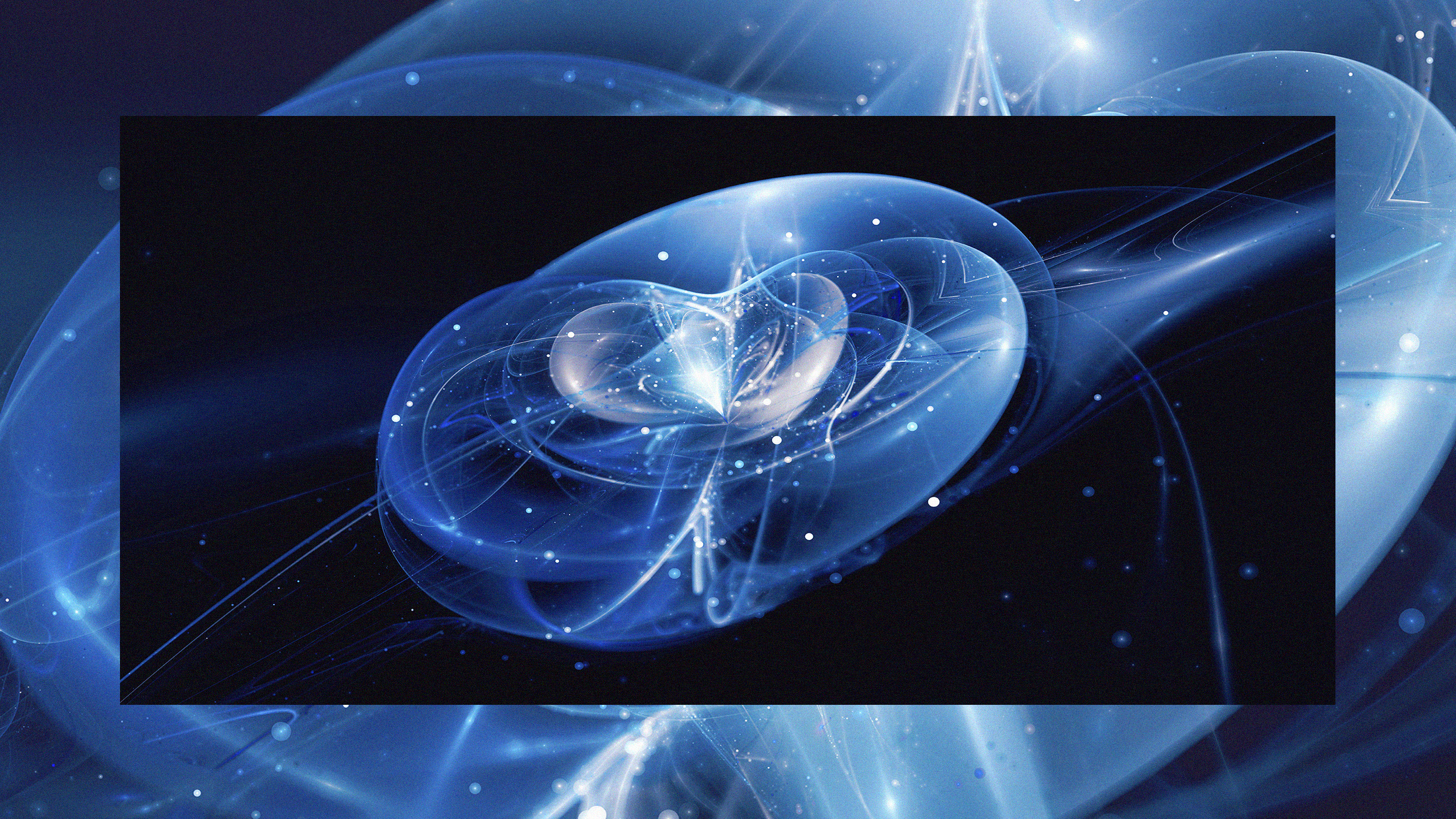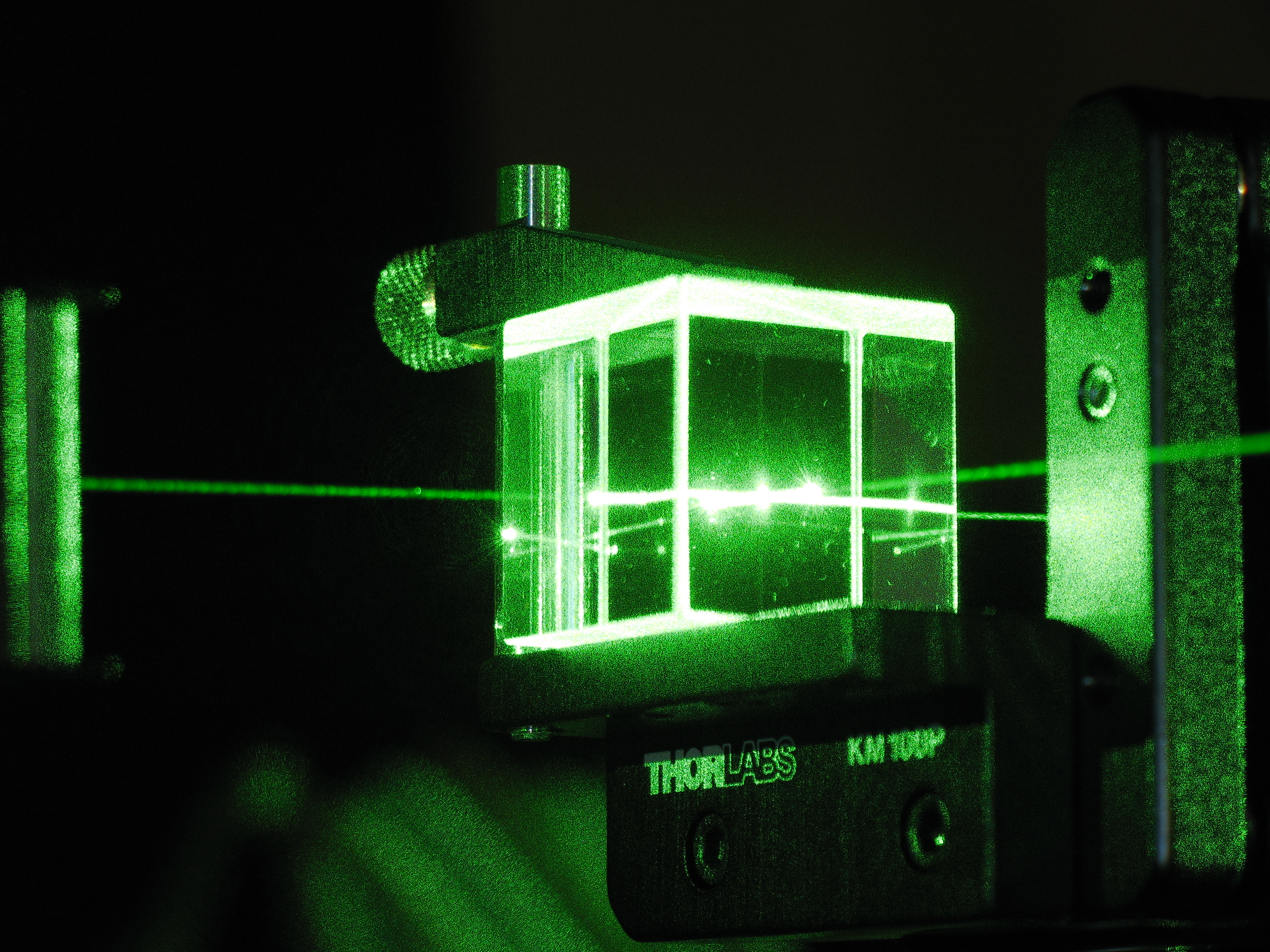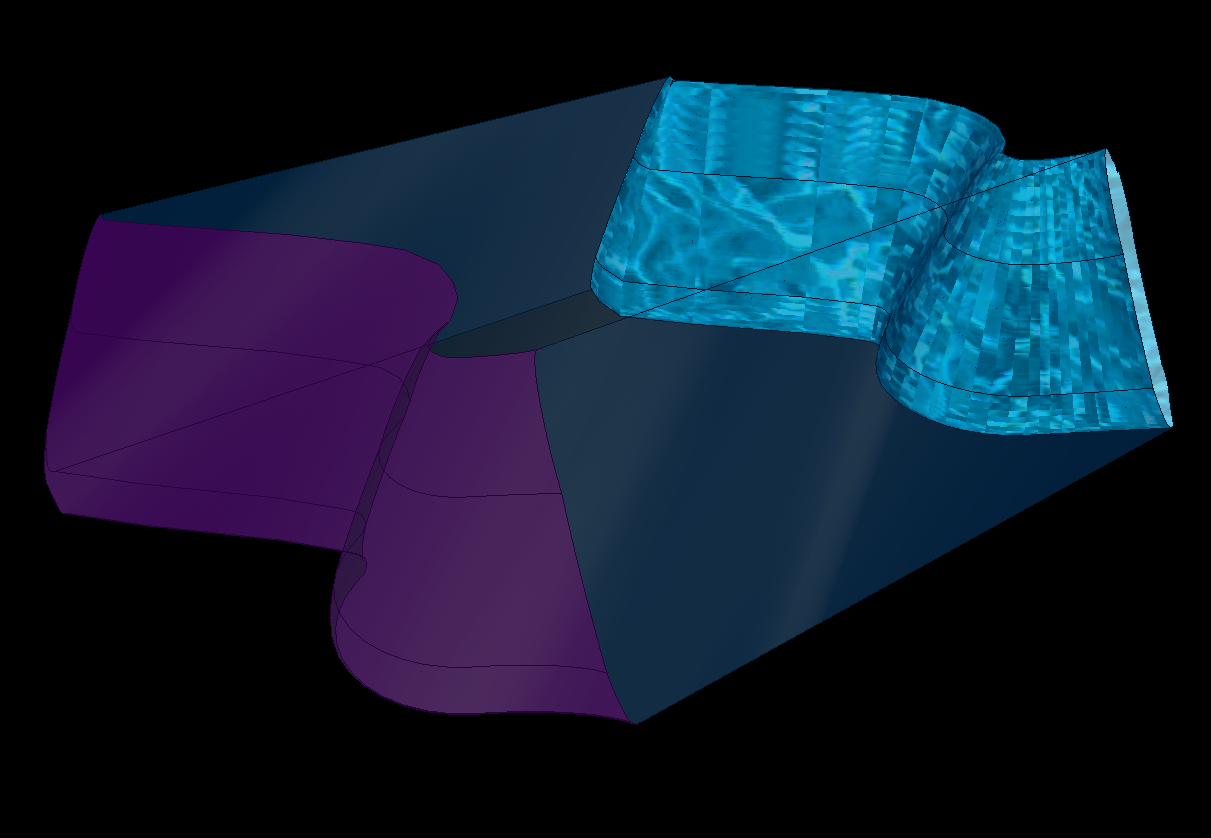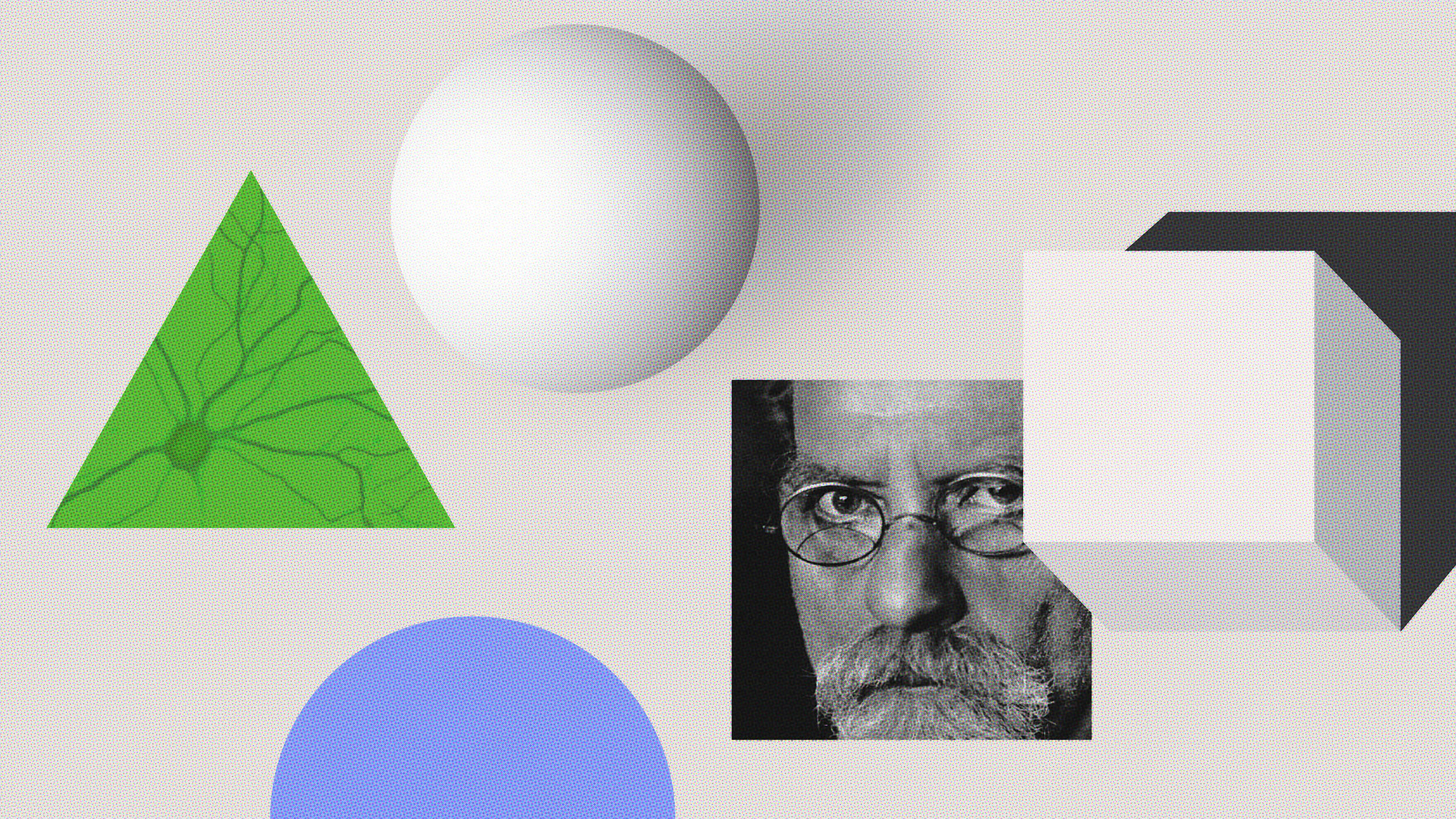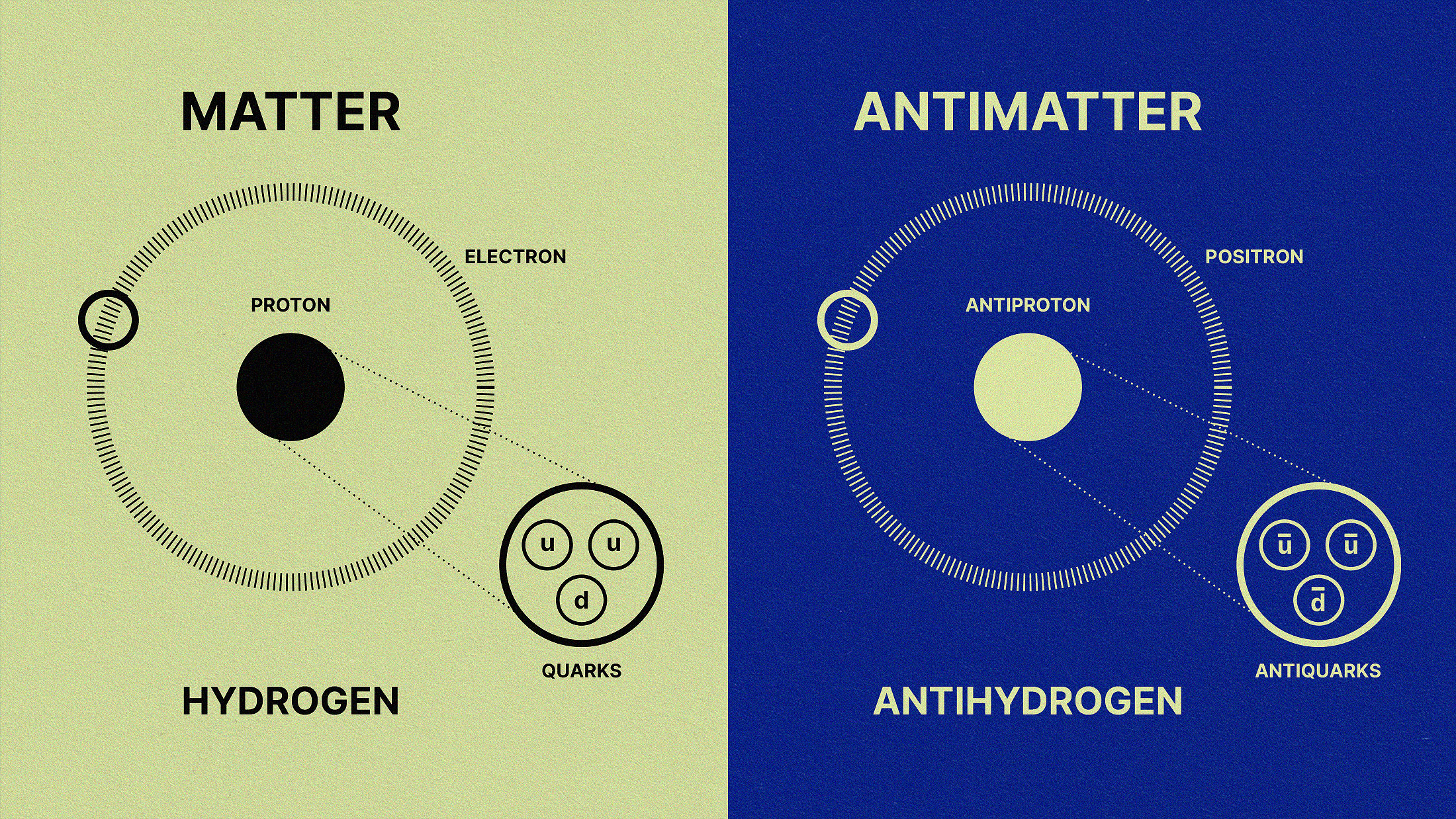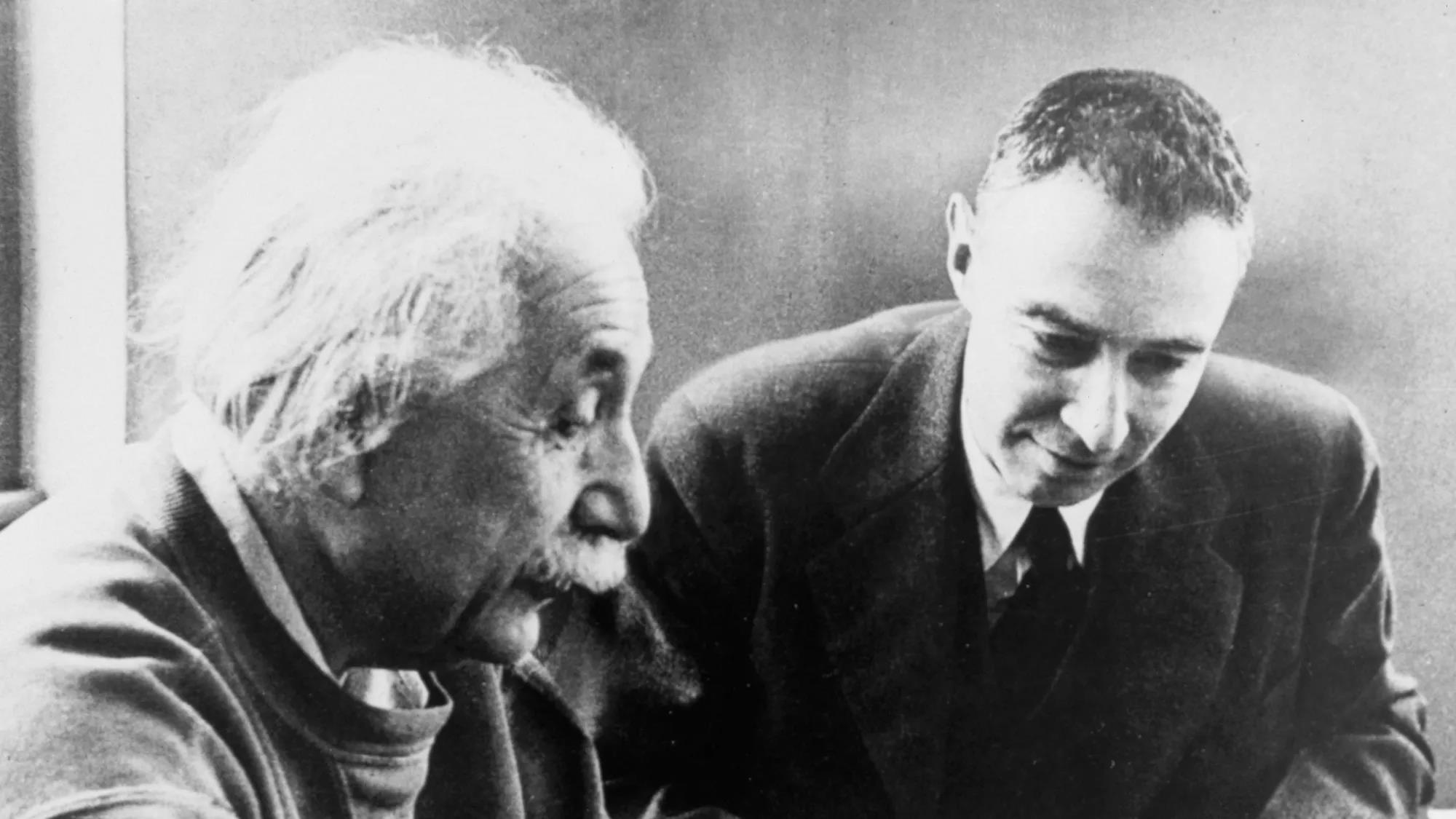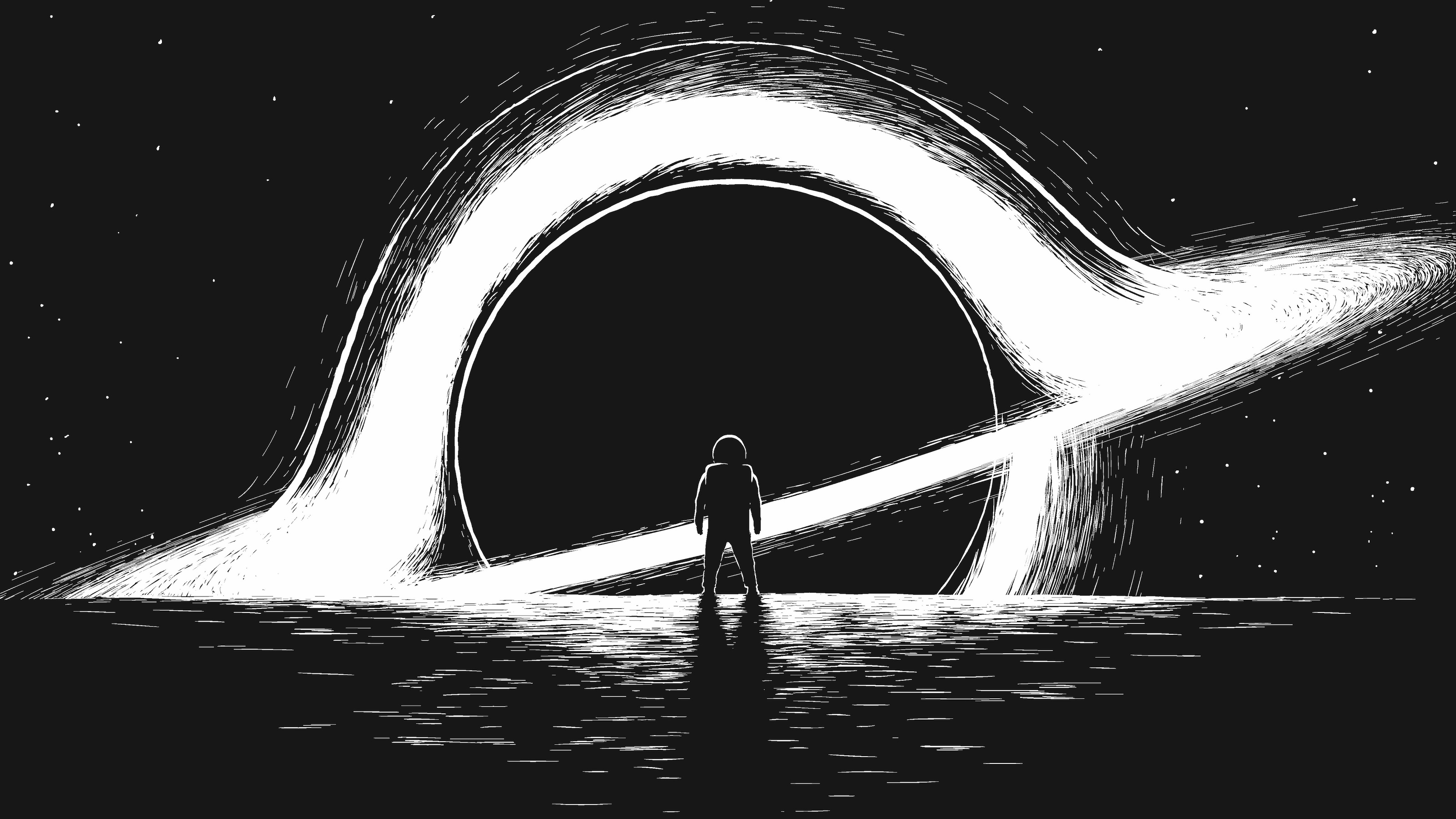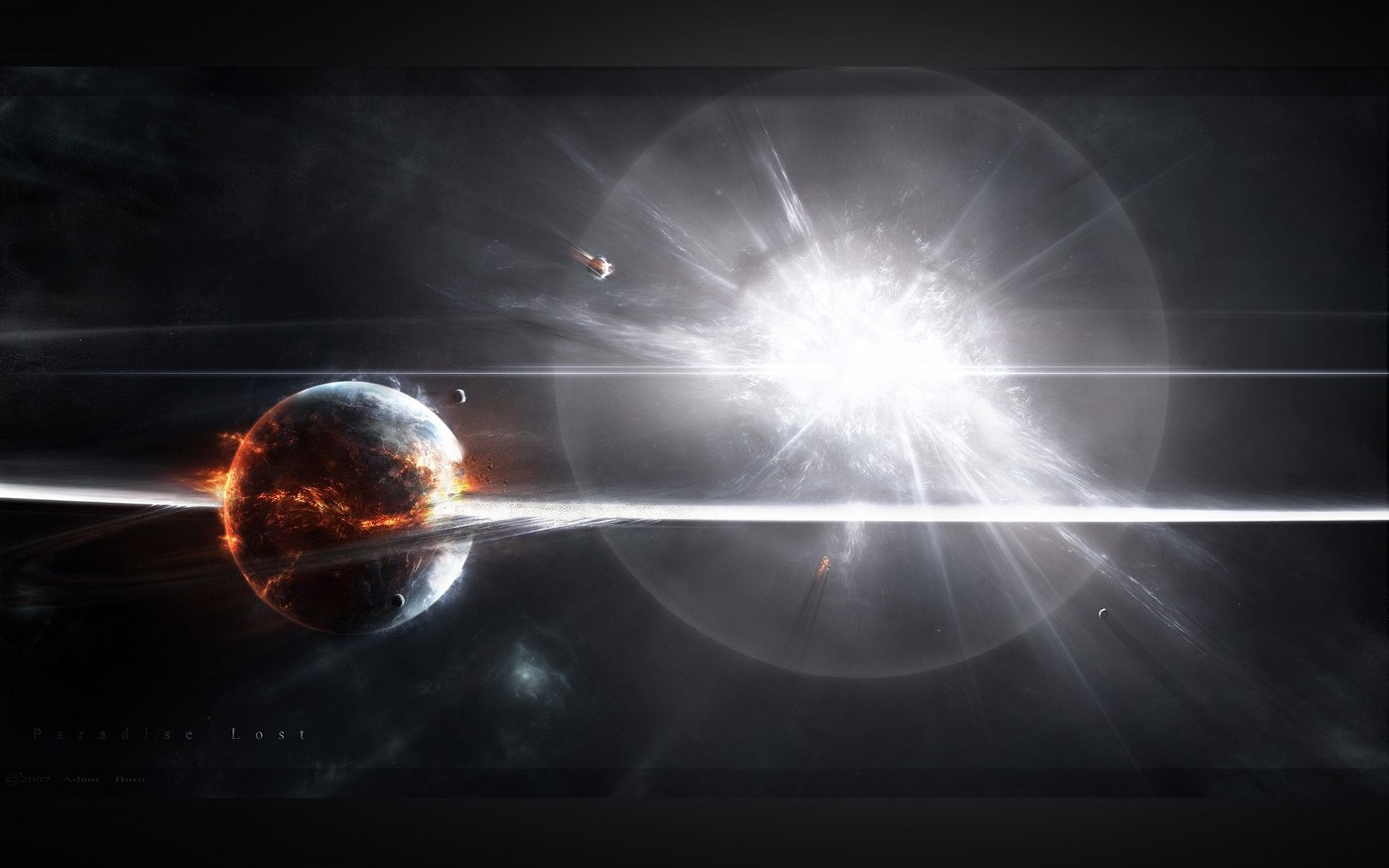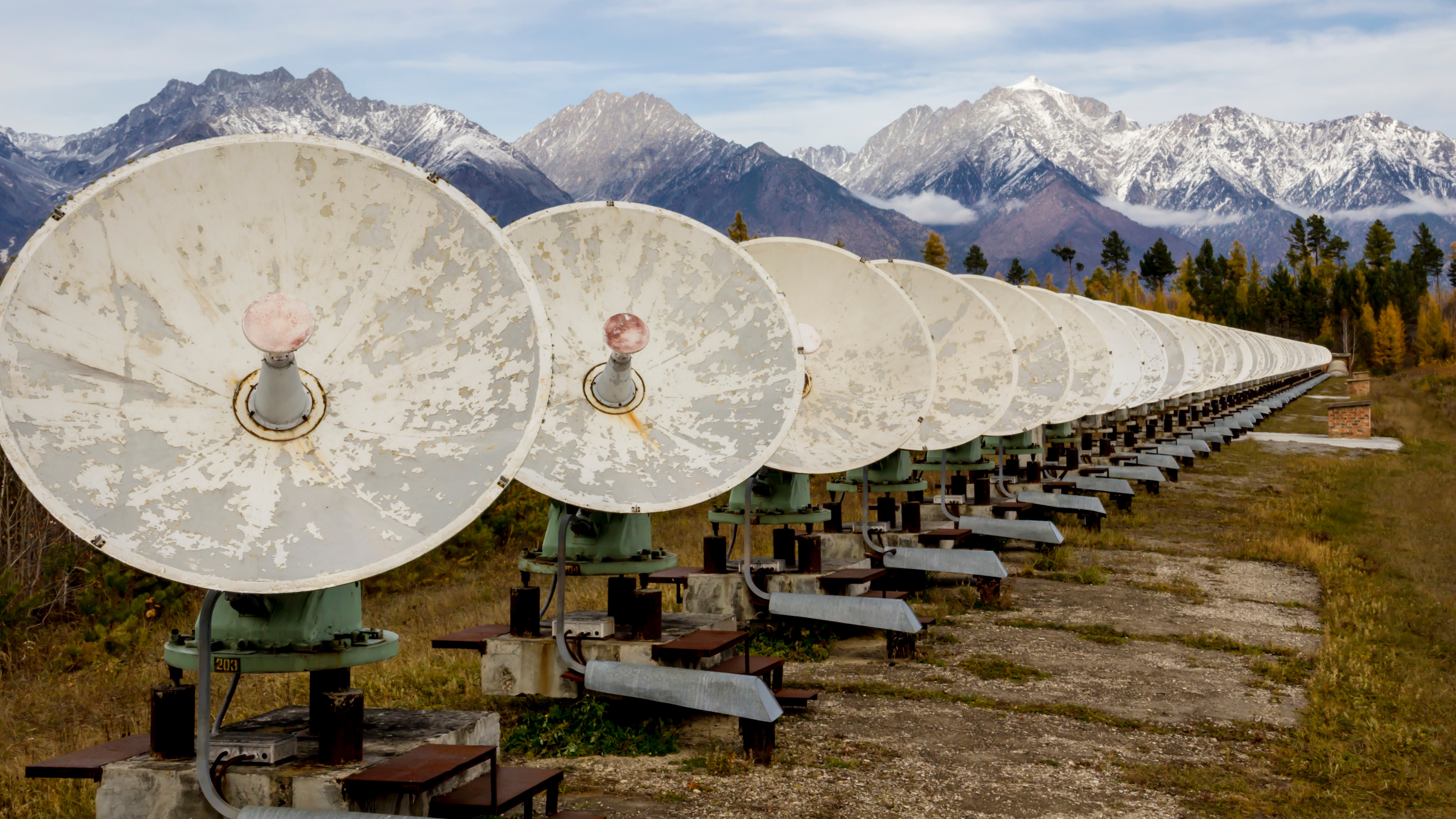The quantum world is one in which rules that are completely foreign to our everyday experience dictate bizarre behavior.
Search Results
You searched for: quantum
Recent measurements of subatomic particles don’t match predictions stemming from the Standard Model.
Einstein always loses in the quantum realm.
The Universe didn’t begin with a bang, but with an inflationary “whoosh” that came before. Here are the biggest questions that still remain.
Cosmic inflation is the state that preceded and set up the hot Big Bang. Here’s what the Universe was like during that time period.
Invisible cloaks. Ghost imaging. Scientists are manipulating light in ways that were once only science fiction.
Perhaps wormholes will no longer be relegated to the realm of science fiction.
Our huge, expanding Universe may truly be infinite. But if the set of possible quantum outcomes is also infinite, which “infinity” wins?
Humans, when we consider space travel, recognize the need for gravity. Without our planet, is artificial or antigravity even possible?
Maybe our understanding of quantum entanglement is incomplete, or maybe there is something fundamentally unique about consciousness.
The term “zero-point energy” has at least two meanings, one that is innocuous and one that is a great deal sexier (and scammier).
The “first cause” problem may forever remain unsolved, as it doesn’t fit with the way we do science.
Quantum entanglement may remain spooky, but it has a very practical side.
Yes, “the laws of physics break down” at singularities. But something really weird must have happened for black holes to not possess them.
No matter how good our measurement devices get, certain quantum properties always possess an inherent uncertainty. Can we figure out why?
We have two descriptions of the Universe that work perfectly well: General Relativity and quantum physics. Too bad they don’t work together.
U.S. particle physicists recently recommended a list of major research projects that they hope will receive federal funding.
For nearly a century, physicists have argued over how to interpret quantum physics. But reality exists independent of any interpretation.
For decades, theorists have been cooking up “theories of everything” to explain our Universe. Are all of them completely off-track?
If it weren’t for the intricate rules of quantum physics, we wouldn’t have formed neutral atoms “only” ~380,000 years after the Big Bang.
By focusing on the role of human experience, we may uncover new insights on the fundamental structure of reality.
In the earliest stages of the hot Big Bang, equal amounts of matter and antimatter should have existed. Why aren’t they equal today?
Even with the quantum rules governing the Universe, there are limits to what matter can withstand. Beyond that, black holes are unavoidable.
Like Dua Lipa, he had to create new rules.
That scary swirling void from which nothing can escape is our perfect universal translation tool.
Empty space itself, the quantum vacuum, could be in either a true, stable state or a false, unstable state. Our fate depends on the answer.
Despite the Sun’s high core temperatures, particles can’t quite overcome their mutual electric repulsion. Good thing for quantum physics!
For some reason, when we talk about the age of stars, galaxies, and the Universe, we use “years” to measure time. Can we do better?
Quantum communication offers a surer path to sending an interstellar message, as well as receiving one. But can we do it?
Scientists are searching for dark matter particles that are trillions or even quadrillion times lighter than the more traditional searches.

